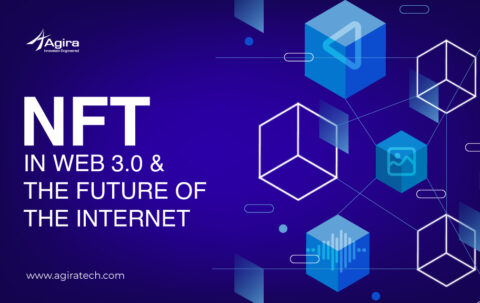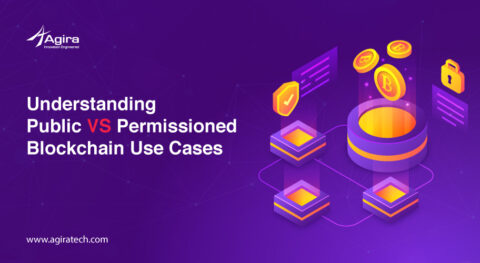For an outsider, Metaverse would seem nothing more than a collection of virtual
spaces that are interconnected. Although this is mostly correct, the fundamentals
of Metaverse are a bit more cryptic. The thing that sets Metaverse apart is its
connection with blockchain.
In this context, how do dApps come into play? What is their role in the Metaverse?
To understand this, let us how dApps work.
What are dApps?
dApps or decentralized applications tend to run on the blockchain network and, in some cases, on the P2P network. A standard application like Twitter or Uber operates on computer systems owned & operated by their parent organizations. This gives them complete authority over the app & the way it functions. Ther might be 100s and 1000s of users for the app, but its backend necessities are taken care of and controlled by one or two dedicated organizations.
However, with dApps, the case is different. The content generated on these platforms is consumed by multiple participants, along with feeding and seeding of content. These functions are being performed simultaneously, and the ownership isn’t limited.
Now, talking about Metaverse, it is a virtual reality where you can buy and sell avatars, buildings, lands, & even names. During the COVID-19 pandemic, when the world was under lockdown, the concept of Metaverse saw a quick boost in popularity. This concept includes a variety of VRs ranging from games and workplace tools to community platforms.
Buying/Selling on the Metaverse
Given that dApps are decentralized, it helps with smooth buying and selling on the Metaverse platform. They include the concept of smart contracts to help create a binding contract between the buyer and the seller. Although severalMetaverse platforms allow users to create free accounts, people that buy or trade virtual assets with the dApps or blockchain platform have to do so with the help of cryptocurrencies.
On Metaverse such as the Decentraland, users are allowed to trade in NFT artworks. They can even charge users entry free for a virtual concert or exhibition. Trading can also be done by selling land. This is especially attractive to buyers as the prices for land in the Metaverse has increased exponentially since its popularity surge. Other Metaverse platforms such as Roblox charge their users for accessing games that are created by them. There are several such buying and selling protocols in place throughout the Metaverse. However, dApps make it easy to trade while ensuring that the trade is safe and secure in the first place.
Conclusion
The prime advantage of using dApps in the Metaverse is its capability to safeguard the user’s privacy. They do not require the users to submit any type of personal information. This becomes safer as the smart contract cannot be modified or deleted by a single participant. So, it helps ensure legal safety for the money being exchanged over the platform. In the near future, the application of dApps can be seen in several industries that include finance, banking, social media, gaming, and even online shopping.







